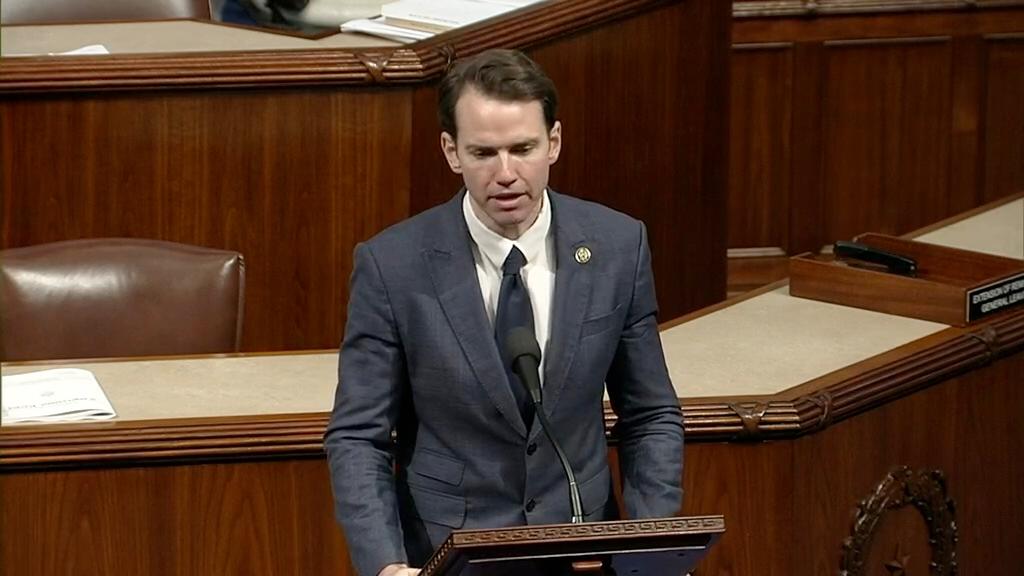Kiley Introduces Bill Banning Mid-Decade Redistricting, Not Gerrymandering
Kevin Kiley introduces a bill to ban mid-decade redistricting and nullify current partisan maps.

Kevin Kiley on the floor of the US House of Representatives in July. Image from C-SPAN.
WASHINGTON DC — Third District Congressman Kevin Kiley has emerged as an outspoken critic of the congressional redistricting plan proposed by Governor Gavin Newsom. Kiley would effectively lose his current seat in Congress if Newsom’s proposal is adopted because the existing 3rd District would be split into two districts intended to favor Democrats where Kiley, a Republican, would be at a disadvantage if he chose to run for one of the new seats that would be created. The 1st District, which has been represented for more than a decade by longtime congressman Doug LaMalfa, would be divided in a similar fashion.
In an August 18 email to constituents with the heading “Fighting Gerrymandering,” Kiley accused Newsom of “seeking to return us to an era of partisan gerrymandering with politicians drawing their own district lines.” He has introduced a bill in Congress that would make it illegal for states to alter Congressional districts during the decade between national censuses conducted every 10 years. The bill, if adopted, would nullify the openly partisan congressional maps recently adopted by Texas and under consideration in California and several other states. However, nothing in the bill would prohibit political gerrymandering of the kind Kiley criticized, so long as it was done on the regular 10-year cycle following the census.
The states have had wide latitude to draw the boundaries of congressional districts since the US Supreme Court decided in 2019 that it did not have authority under the Constitution or federal law to prohibit partisan redistricting. Several states, including California, currently have laws that require districts to be determined in a way that does not favor either party. Federal legislation could require a similar approach in all states, but as of now political gerrymandering remains legal in most states. While both major political parties have engaged in the practice, the majority of gerrymandered states are led by Republicans.